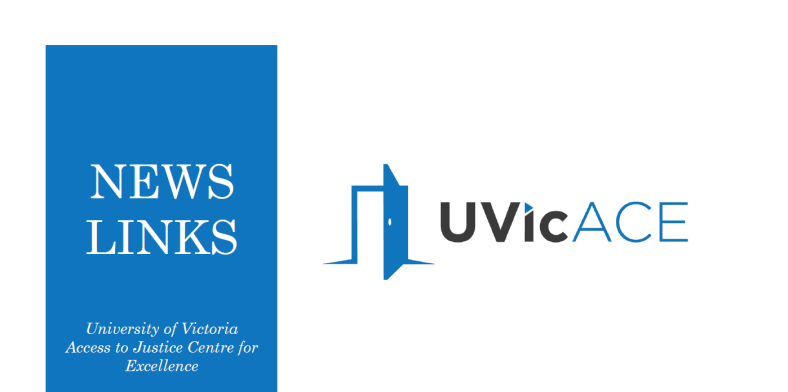In response to growing access to justice concerns in the Northwest Territories, the NWT Access to Justice Committee recently surveyed 36 justice stakeholders to uncover specific access to justice barriers and potential responses to address them.
Survey Results:
The survey respondents included resident lawyers, non-resident lawyers, court workers staff, crown witness coordinators, and social workers. In addition to selecting from several listed potential barriers, respondents were invited to include and elaborate upon non-listed barriers.
The top 3 access to justice barriers as identified by respondents all pertained to the issue of self-representation:
1) Ineligibility of middle-income litigants for Legal Aid
2) Inadequate resources for self-represented litigants
3) Difficulty finding local lawyers with requisite legal expertise
Some of the other identified barriers were more of a systemic nature, including the inaccessibility of courtroom facilities and services for persons with disabilities, intimidating courtroom formalities, and a lack of adequate legal education.
For a more comprehensive view of the access to justice barriers and creative solutions offered by survey respondents see: Survey results report- April 21.
Inventory Project:
Commissioned by the NWT Access to Justice Committee, Yellowknife consultant Aggie Brockman recently produced an inventory to provide litigants and justice professionals with a comprehensive listing of legal services information. The inventory is arranged alphabetically by legal problem type (ex: Elder Abuse, Employment, Family Violence, Privacy, Youth…etc.) and contains web links, email addresses and phone numbers for convenient access. In order make the inventory as user-friendly as possible, Aggie received structural suggestions and input from 35 project participants (all justice stakeholders). The Inventory Project Report explains how the project was conducted with some insightful quotes and anecdotes from project participants. Furthermore, the actual inventory can be accessed here: Access to Justice – Inventory and Gaps- 2016.
Terms of Reference:
From an access to justice perspective, there are many distinct challenges facing the NWT including geographic, cultural and language barriers as well as infrastructural barriers. The aim of the NWT Access to Justice Committee (“Committee”) is to identify the barriers that impede access and to recommend firm responses to address them. To see the Terms of Reference that characterize the purpose, structure, and scope of the NWT Access to Justice Committee, click here: TOR – Committee – Final. Also, to view the National Action Committee on Access to Justice in Civil and Family Law’s (“NAC”) Final Report upon which the Committee will make its recommendations click here.









